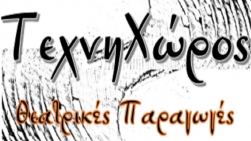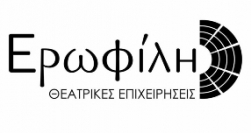LEGAL FRAMEWORK
The Greek Law on the protection of authors’ rights and related rights (Law 2121/1993, as it is in force today), provides for a solid framework of protection to the creators as well as to all related rights’ owners.
This law is contemporary, effective and in complete harmonisation with the International Treaties and the European Directives on authors’ and related rights.
Thus, fully incorporated in the Greek Law and part of it constitute:
- The Berne Convention, which set the basic standards for the protection of literary and artistic works, back in 1886
- The Rome Convention for the protection of performers, producers of phonograms and broadcasting organisations, concluded in 1961
- The Agreement on Trade-Related Aspects of Intellectual Property Rights (TRIPS Agreement), which was signed in 1994 in Marrakesh
- The WIPO Copyright Treaty (WCT) and the WIPO Performances and Phonograms Treaty (WPPT), which were signed in 1996 in Geneva
as well as the acquis communautaire, such as:
- The Council Directive 92/100/EEC on rental right and lending right and on certain rights related to copyright in the field of intellectual property, as codified with the Directive 2006/115/EC of the European Parliament and of the Council
- The Council Directive 93/98/EEC harmonising the term of protection of copyright and certain related rights, as codified with the Directive 2006/116/EC of the European Parliament and of the Council
- The Directive 2001/29/EC of the European Parliament and of the Council on the harmonisation of certain aspects of copyright and related rights in the information society
- The Directive 2004/48/EC of the European Parliament and of the Council on the enforcement of intellectual property rights.
The protection conveyed by law, as regards authors’ rights, lasts for the author’s lifetime plus seventy years after his death, calculated from the 1st January of the year after the author’s death. In cases of works of joint authorship, that seventy-year duration is calculated from the death of the last surviving author. After expiry of the said duration, the work falls in “domain public” and consequently, may normally be exploited without restrictions. The protection of the Publisher’s related rights expires fifty years after the last publication of the work.
The above protection has as a prime direct consequence the user’s duty to obtain the right-owners’ licence before the use of each protected work. The licence has to be necessarily in writing (licence of exploitation). Non-compliance with the written form results in the nullity and voidance of the licence; such right can be invoked only by the right-owner.
Thus, no user in Greece can claim to have orally been licensed to use a work. At the same time, it is up to the right-owner to decide about the terms of licensing his work.
Furthermore, the right-owner may appoint an agent in one or more territories, to represent him in the exercise of his patrimonial right towards the local users. This policy is very frequently followed by the foreign right-owners, for reasons of both convenience and safety, not only because it is very difficult for them to look out from distance the various uses of their works, but also because the terms and conditions of licensing need to be settled and the due fees need to be collected. Even more complicated is the efficient protection of the works, from distance, in case of non-legitimate uses. All these activities are being undertaken, on their behalf, by representatives who are specialised in the grant of such services.
The terms of licensing are being fixed either by the right-owner himself or his local representative, per case, and define the exact permitted use of the work, the duration of licence, the exclusivity or non-exclusivity of the licence and surely its economic terms.
According to the Greek Law, the users should obtain a separate licence for each exploitation of the works. All uses – exploitations of the works, without any exception, are equally protected. As different uses are considered e.g. the lending and rental, the radio-television broadcasting, the communication to the public as well as their making available to the public through networks, the public performance, the mechanical reproduction and distribution to the public in any form, the translation, etc.
In addition to the above uses, which concern the author’s economic – patrimonial right, the Greek Law protects the author’s moral right on his work, providing that it cannot be transferred in his lifetime, under the following reservation: “The granting of consent by an author for an action or an omission which would otherwise constitute an infringement of his moral right shall be deemed to be a form of exercise of his moral right and shall be binding upon him.”
Any kind of adaptation, modification, arrangement, mutilation (fragmental use), etc. of a work is prohibited, unless the creator’s prior express relevant written consent has been granted, while his paternity right should also be acknowledged, at the extent possible. After the author’s death, the moral right passes to his heirs, who should exercise it in compliance with the author’s will.
In addition to the above, the Publishers of music materials have the (related) right to authorise or prohibit the reproduction by reprographic, electronic or any another means of the typesetting and pagination format of the works they have published, if the said reproduction is made for exploitation purposes. Such prohibition is always expressly stated in the conditions of hire of each music material. Thus, the user who has hired the music material belonging to a Publisher, is not entitled to make any digitisation, photocopying or other kind of reproduction of it either for his own use or on the account of a third party, neither for the needs of the rehearsals nor for the performances of the work. Similarly, the user is not allowed to entrust the hired music material to a third party, either the whole or a part of it, in any way, such as by lending or sub-hiring it. The same restrictions on prohibition of entrusting the music material apply also in case of purchase of the music material from the respective Publisher; i.e. the purchaser acquires the right of its unlimited use for his private exploitation only, without, being entitled to further transfer it to third parties, with or without remuneration, which would thus, impede the normal exploitation of the music material and prejudice the Publisher’s legitimate interests. For this reason, for the legality of all the aforementioned uses, the prior relevant written authorisation of the Publisher is required.
Violation of any of the above obligations by the users results to particularly severe sanctions, according to the Greek Law on authors’ rights and related rights, which is considered as one of the strictest in Europe.
The unlawful use of a work or the use in breach of the licensing terms, bears heavy civil and penal sanctions.
Any violation of the Greek Law on authors’ rights is being punished with imprisonment from one (1) year at least up to ten (10) years in very serious cases. Moreover, the payment of high compensation and moral damages is provided.
The Court may also decide the immediate cease of the illegal – unauthorised use, ordering, without delay, injunction and provisional measures, while, in case of identification of a potential infringement, the prosecuting authorities are competent to order the police to instantly halt such act.
Within the aforementioned legal framework, the creator / owner of authors’ or related rights, feels particularly secure that the users will normally comply with the terms and conditions of the licences he grants, bearing in mind that in any case of violation, either he directly or his representative in Greece will be able to protect his rights immediately and efficiently.



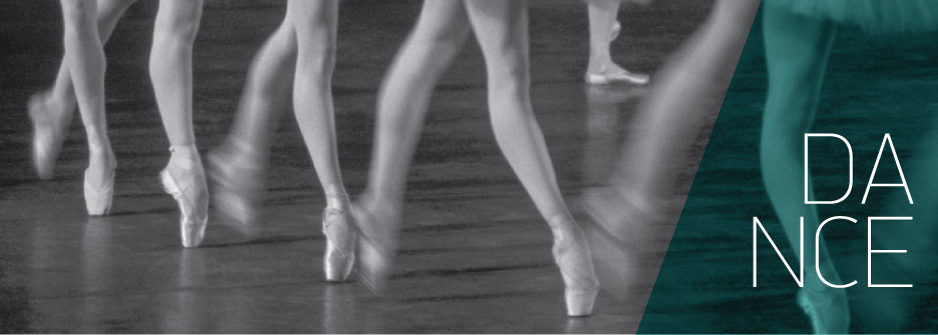
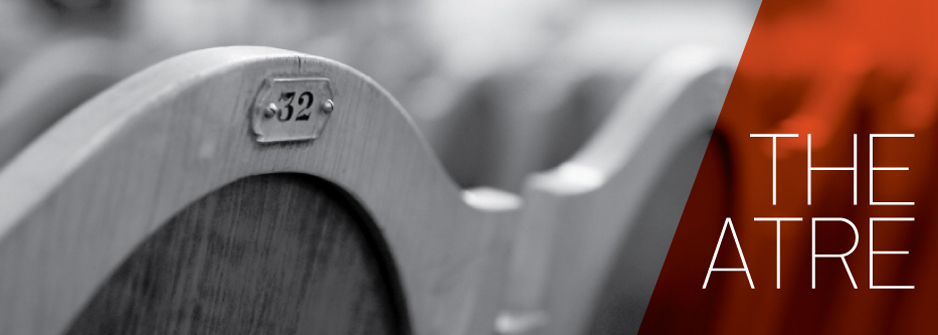






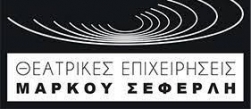

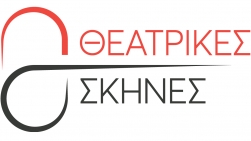
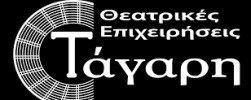
_251_82_s_c1.jpg)
_251_186_s_c1.jpg)

